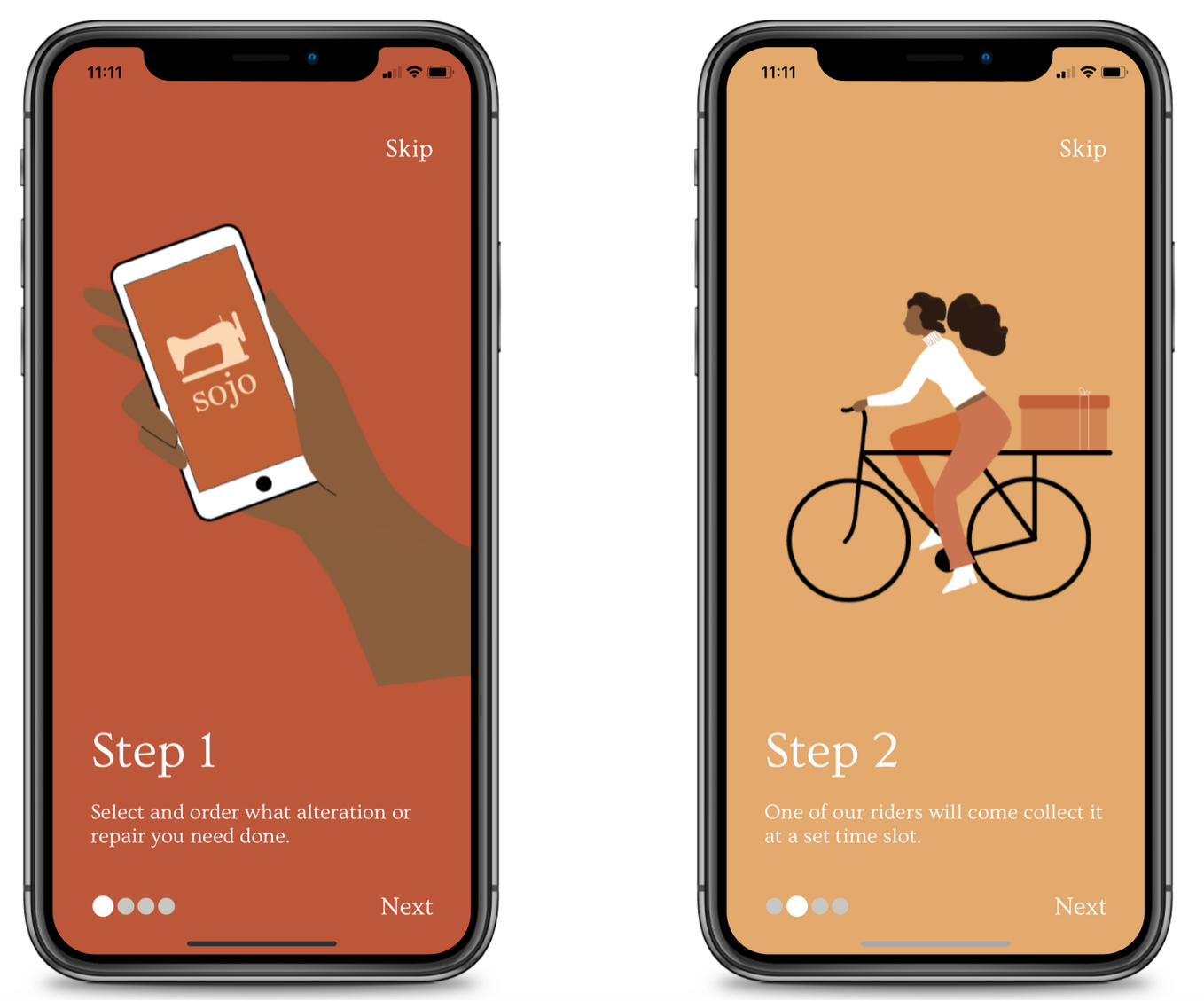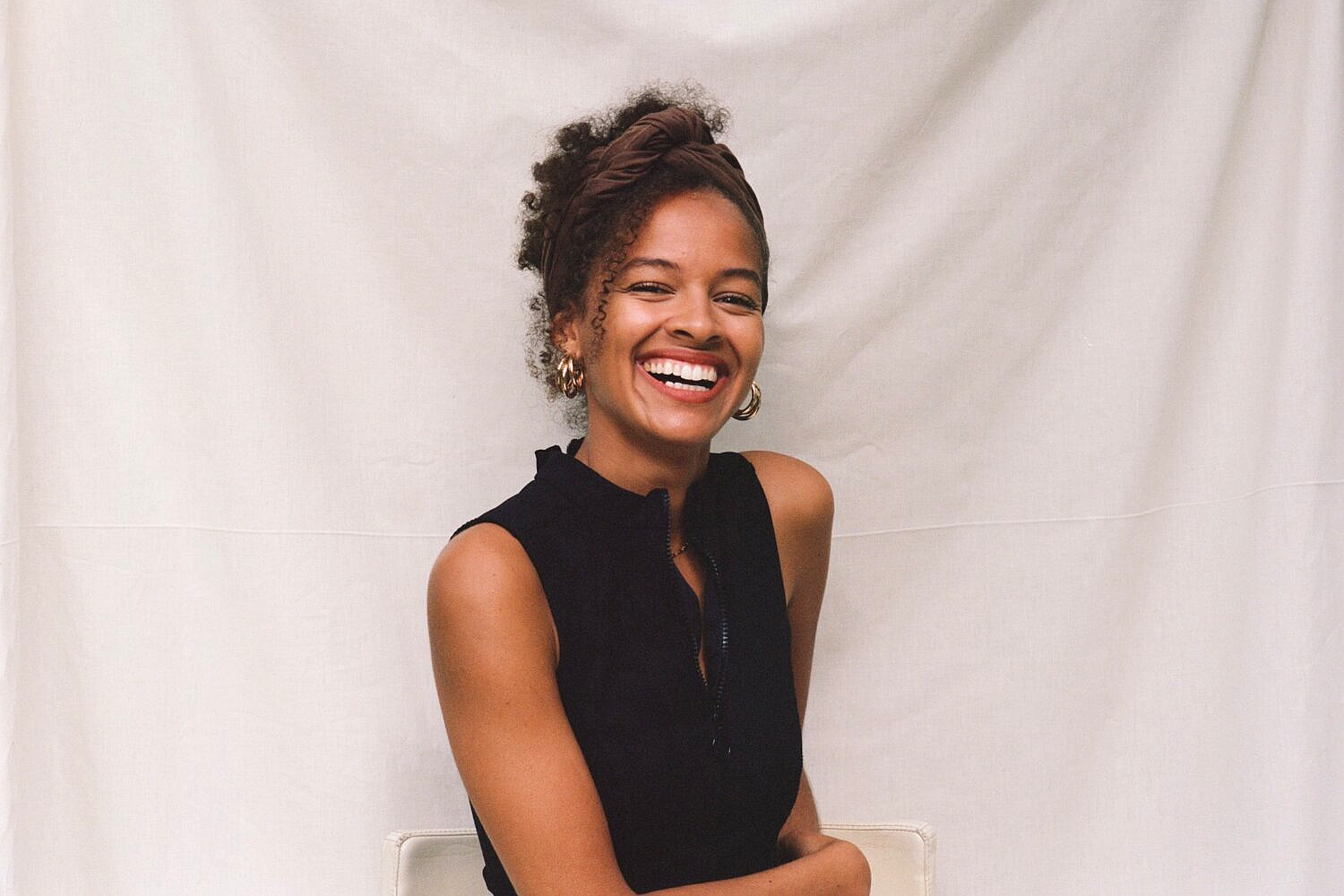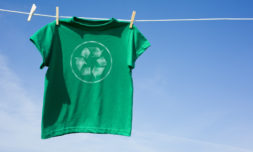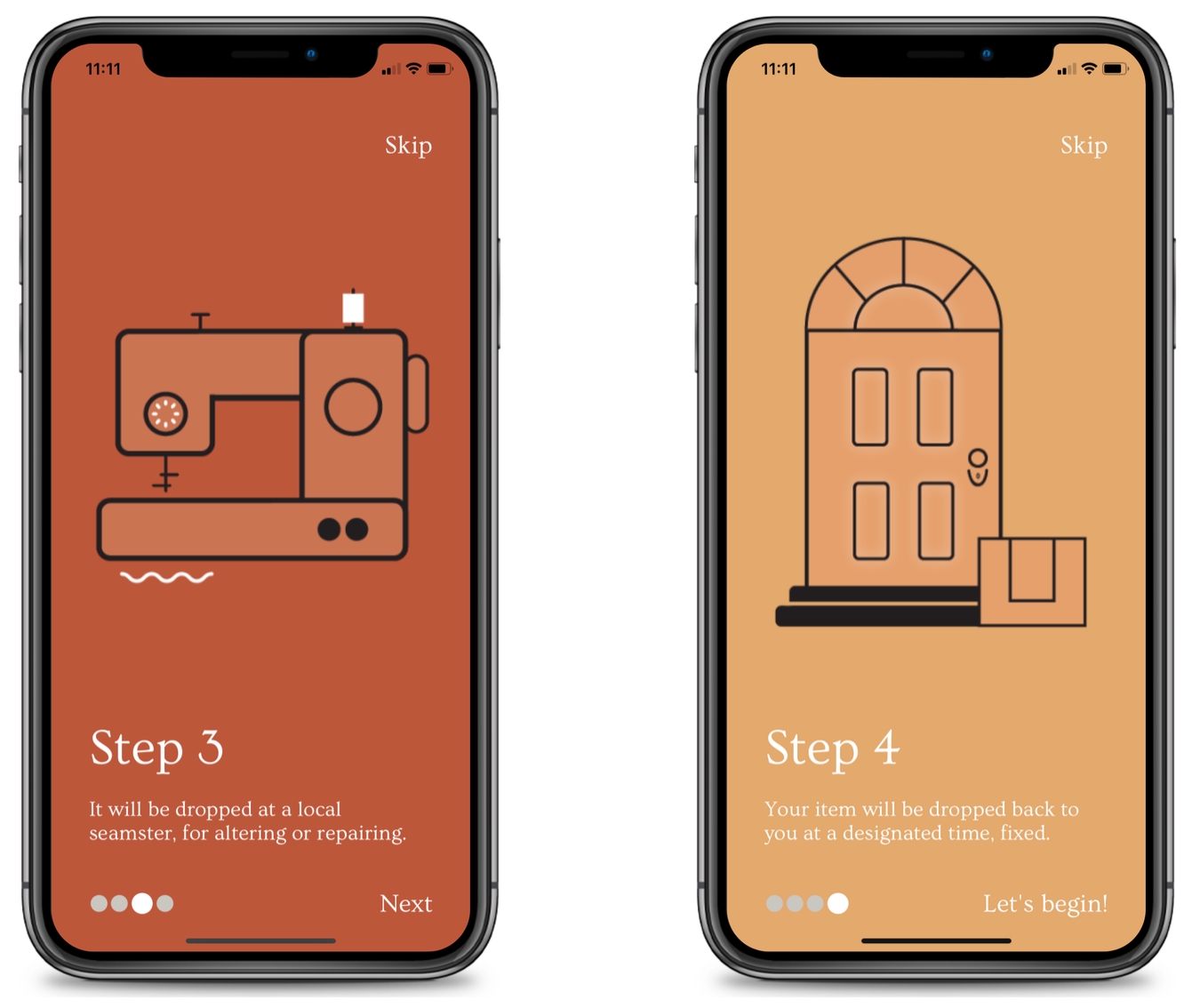Sojo is a brand-new app connecting users with local seamster companies through a pick-up/delivery service, creating a fresh circular fashion system during lockdown.
While the pandemic has given the style-obsessed an opportunity to take a look at their existing wardrobes with a fresh pair of eyes, it hasn’t allowed us to get well-worn clothes mended, altered, and tailored professionally.
Regardless of how closely you follow DIY TikTok customisation videos currently surging in popularity, sometimes you can’t deny needing a second, more skilled pair of hands to do a decent job.
Sojo is a new, black-owned business that’s attempting to jump onto this demand. It aims to increase second-hand shopping availability while also reducing the number of damaged garments going to landfill that could easily be made good-as-new.
With up cycling the current trend du jour, one that’s looking like it’s most definitely here to stay, and in an effort to combat the ‘throwaway culture’ of the modern era, Josephine Philips founded Sojo with the overarching mission to increase the lifespan of clothing.

The brand-new app, which launched yesterday, is part of the current global shift away from fast-fashion – a system that oppresses, underpays, and exploits workers in order to thrive – and move towards a more sustainable industry.
Using a Deliveroo-like model as the basis, it connects customers with local seamster companies through a pick-up/delivery service to ensure they can get their clothes fixed with a few clicks.
All you need to do is enter your postcode, choose a local seamster that suits your requirements, decide what you need done and a bike courier will cycle to collect your piece, returning it – ready-to-wear – within five days. Ultimately, this means less sizing restrictions for thrifters and encourages repair culture by closing the fashion loop.
‘I’d made a move away from fast fashion and was shopping nearly exclusively second-hand, but I constantly found myself finding amazing clothes that I loved that weren’t my size,’ explains Philips.
‘I wanted to alter them to fit me but didn’t know how to sew and thought getting someone else to do it was too much time and effort. So, I was determined to actually build out the idea, to create something that aligned with my values and that could make an impact in making fashion more sustainable.’



















